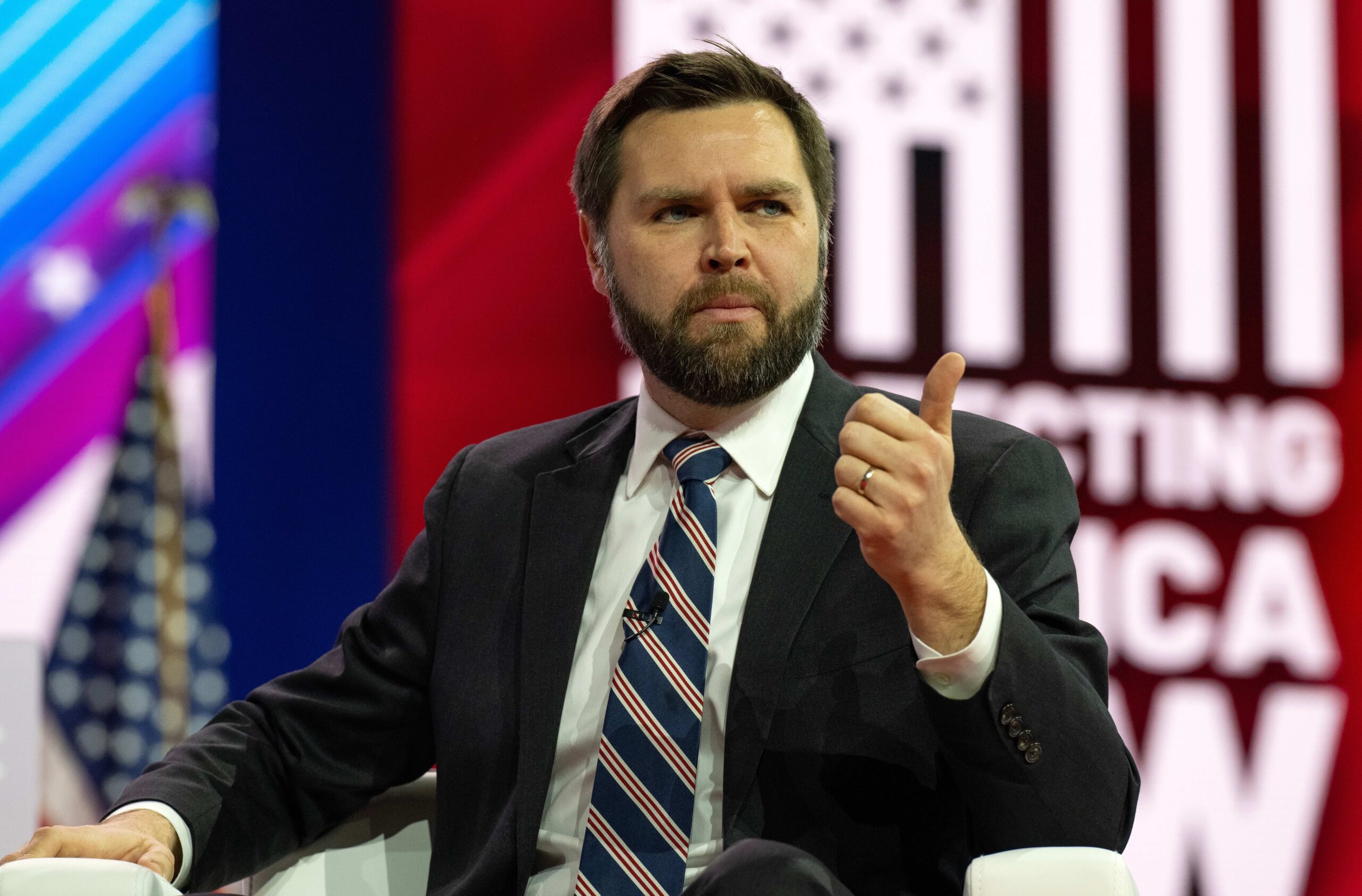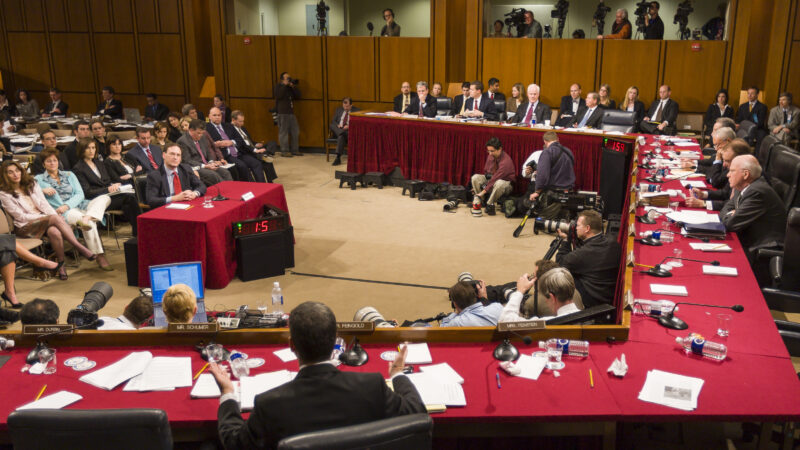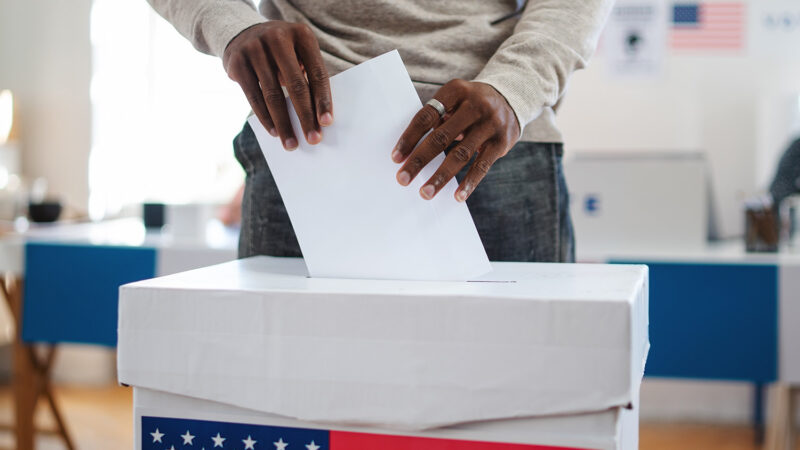Jiamin Huang is a Data Scientist on the VoteShield team primarily working to identify and address anomalous changes to voter registration records.
Election Deniers Get the Spotlight and the Dollars, But Don’t Have the Votes to Match
- November 3, 2022
Deniers and doubters are winning elections nationwide but command a small base of political support.

Analysis by Protect Democracy of Republican primary winners across the country found that a supermajority—67% percent—of all candidates for Governor, Secretary of State, Attorney General, Senate, and the House of Representatives have either denied or raised doubts about the validity of the 2020 presidential election. But behind this electoral success lies another reality: these candidates have only a limited base of factional support. Protect Democracy has found that election deniers and doubters have won primaries with a smaller percentage of the vote than Republicans who have not openly questioned the 2020 election results, even after spending far more money per vote and receiving a flood of out-of-state donations.
Protect Democracy’s analysis reveals that primary winning Republican challengers who denied the 2020 presidential election results received, on average, over 14% fewer votes in their primary elections than other winning Republican challengers. While election deniers won their primary elections with an average of over 56% of the vote, Republican challengers who have not endorsed the Big Lie won their primaries with an average of over 70% of the vote. These findings suggest that election deniers might be comparatively less popular than Republicans who have ostensibly accepted the legitimacy of the last presidential election. Yet despite their limited support, election deniers and doubters are still cruising to victory in 369 out of the 551* races Protect Democracy analyzed. The particular elections of J.D. Vance and Jim Marchant illustrate how our electoral system enables candidates with limited factional support to ride to victory. Vance, who is the overwhelming favorite to win Ohio’s senate race, received only 32.2% of primary votes and got less than 25% of votes from all registered Ohio Republicans. Similarly, Nevada Secretary of State candidate Jim Marchant received only 37.6% of primary votes and got less than 14% of votes from all registered Nevada Republicans. Both ran against 6 other candidates—a common scenario for non-incumbent deniers, who on average ran against more than 4 competitors, compared to fewer than 3 competitors on average for other non-incumbent Republican primary winners. Vance and Marchant’s races underscore how a plurality voting formula inflates the political power of more extreme candidates by allowing them to win despite failing to receive the support of a majority of voters.
What’s more, election deniers spent more money per vote, with a much larger proportion of that money coming from out-of-state contributions. On average, non-incumbent deniers spent $34.29 per vote, compared to $17.99 per vote spent by other non-incumbent Republican primary winners who have not openly questioned the election results. Protect Democracy also found that, on average, these election deniers receive less financial support from their would-be constituents than their counterparts: based on campaign financial disclosures to the F.E.C., over 43% of their campaign contributions came from out-of-state sources, compared to over 19% for other Republican primary winners. These differences might explain how election deniers are fueling their electoral victories, in spite of their lack of financial support among actual constituents.
*Protect Democracy identified 553 Republican primary winners across 551 separate races. There are more winning candidates than races due to Alaska’ top-four primary system.

DOUBTING THE DENIALISTS
The takeaway, said Farbod Faraji, counsel at Protect Democracy, is that “primary wins by election deniers are not indicative of the popularity of either these candidates or their election denialism positions, particularly among GOP voters.”
In other words, they won largely with factional support, enough to prevail in multi-candidate primaries. Still, some may very well win in general elections next week, when Republicans are widely expected to take the House in a midterm election year favorable to the party out of power.
Related Content
Join Us.
Building a stronger, more resilient democracy is possible, but we can’t do it alone. Become part of the fight today.
Donate
Sign Up for Updates Sign Up for Updates
Explore Careers Explore Careers
How to Protect Democracy How to Protect Democracy






